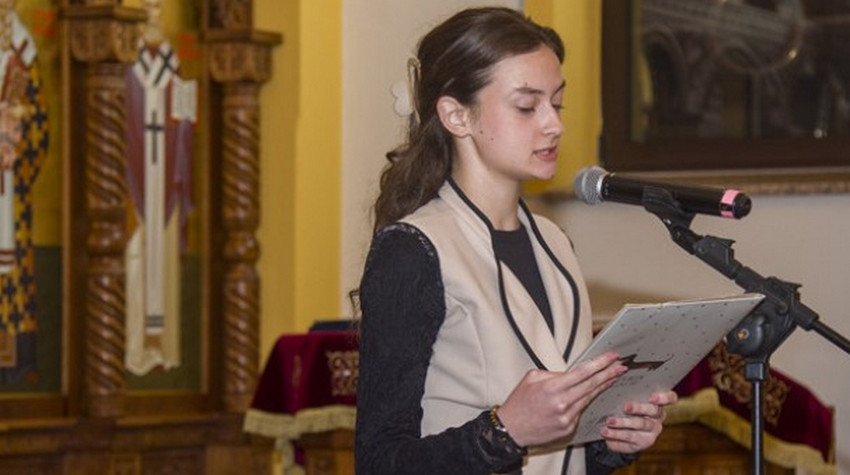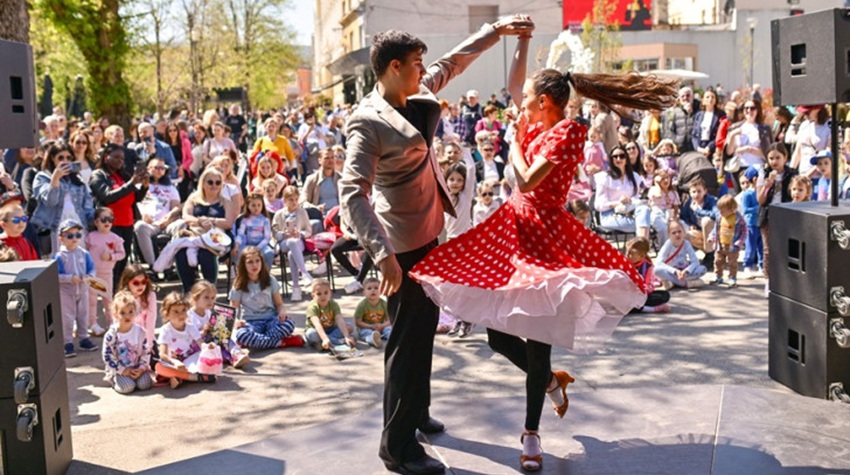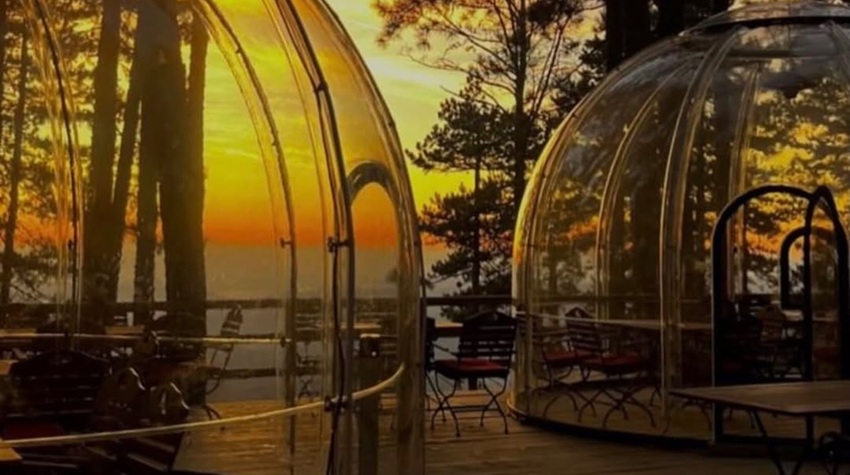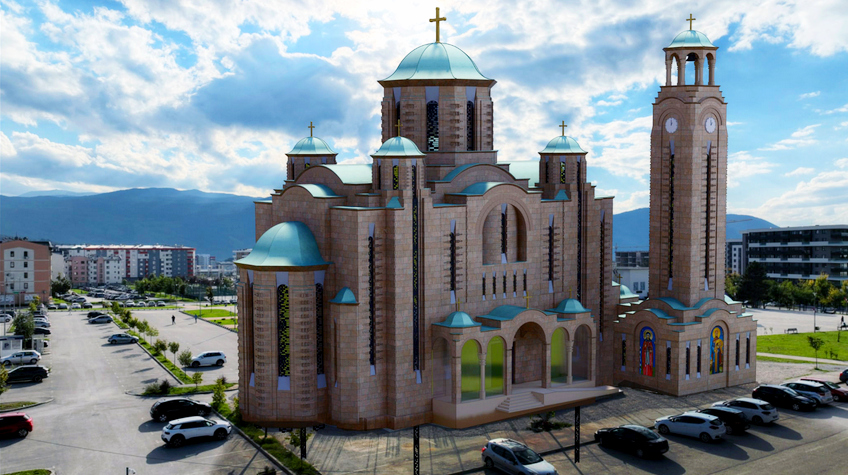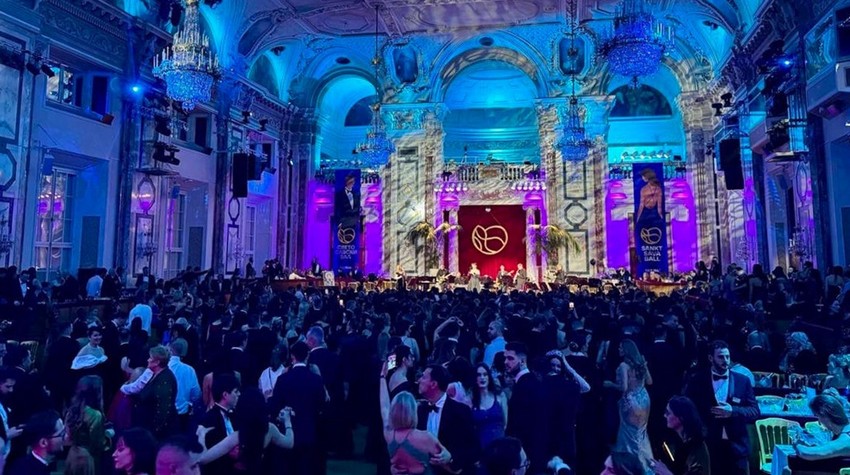LOVE FOR COFFEE UNDER PRESSURE FROM RISING PRICES
Coffee is an indispensable part of everyday life in Bosnia and Herzegovina, where many cannot imagine starting their day without a cup of their favorite beverage.
Whether enjoyed at home, at work, or in a favorite café, coffee is a habit that’s hard to resist. After the morning coffee comes the midday cup, and a special pleasure is found in the one sipped after a long workday.
However, the love for coffee in Bosnia and Herzegovina comes at a price, and that price has been steadily rising in recent months.
The increase in the price of raw coffee on global markets, driven by climate change, adverse weather conditions in Brazil—the largest coffee producer—and geopolitical shifts, is already being felt in Bosnia and Herzegovina. While coffee prices were already high, further increases could put an additional strain on household budgets.
Adding to the pressure on coffee prices are changes in global trade policies. Former U.S. President Donald Trump’s announcement of high tariffs on imports from Mexico, Canada, and China has raised concerns among coffee producers and processors.
In Bijeljina, the average price of a cup of coffee is currently around 2.5 BAM. However, rumors suggest it could soon reach as high as 3.5 BAM, which would be a significant hit to consumers’ wallets.
Café owners justify these price hikes by pointing to rising wages and contributions for workers, as well as increasing input costs. Yet, some citizens argue that café owners are exaggerating.
“From one kilogram of coffee, which costs a little over 40 BAM, they make 120–140 cups. Even at just 2.5 BAM per cup, that’s 300–500 BAM in revenue. Isn’t that enough? If coffee prices went up by 10%, you can’t immediately raise the price per cup by 0.50 BAM,” they say.
According to data, Bosnia and Herzegovina imported coffee worth 75.8 million BAM in just the first five months of 2024, which is 20.4 million BAM more than during the same period last year. The majority of coffee was imported from Brazil, with significant amounts also coming from Italy, India, Vietnam, Peru, Cuba, and Croatia.
Citizens are increasingly complaining about rising prices, but most admit they won’t give up their favorite indulgence. "We’re used to drinking coffee, so we’ll pay whatever it costs. It’s our only pleasure," some say, while others believe café owners are going overboard with price increases.
Nevertheless, coffee remains an essential part of daily life, even as it becomes a luxury that’s growing more expensive.


